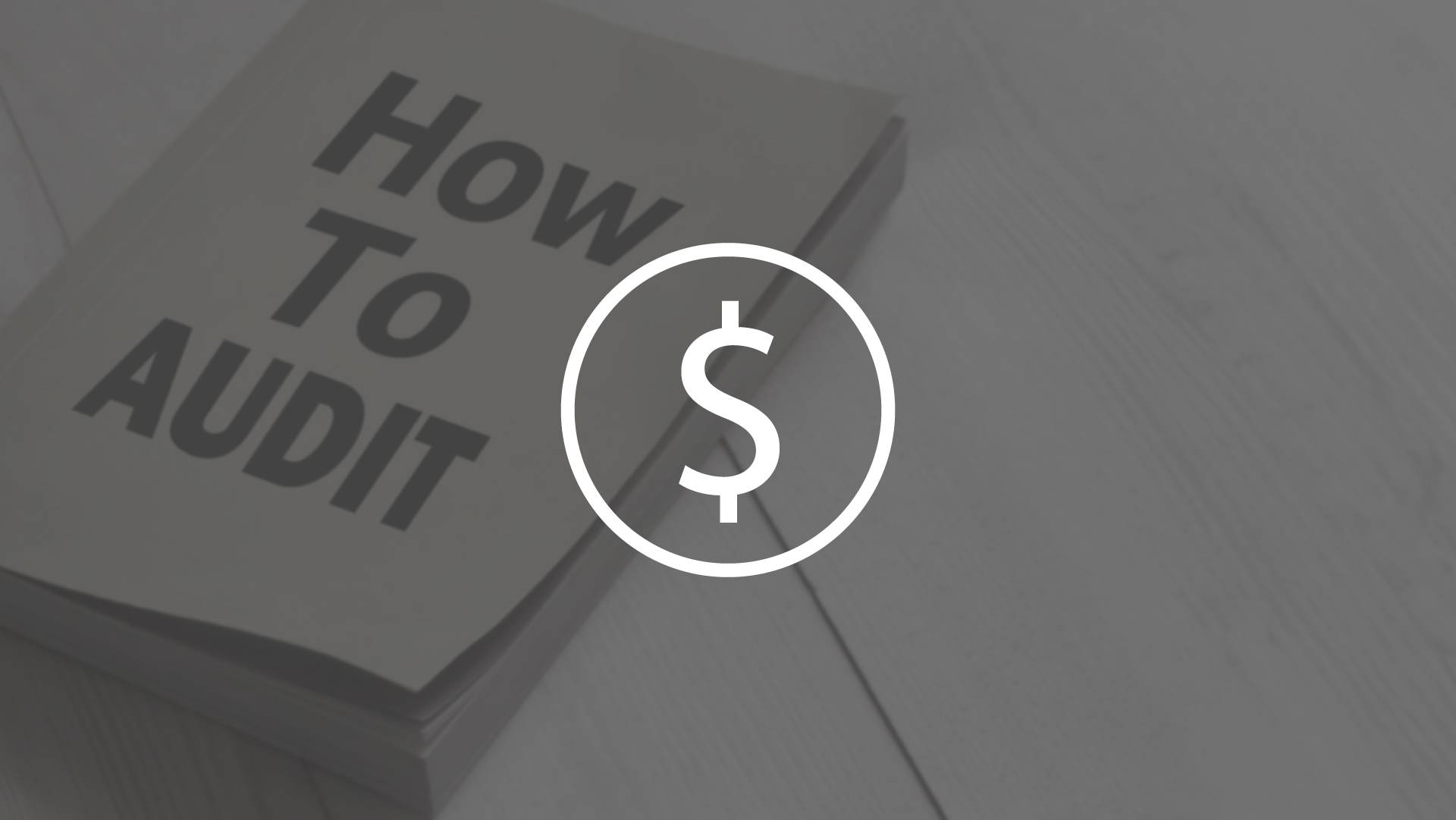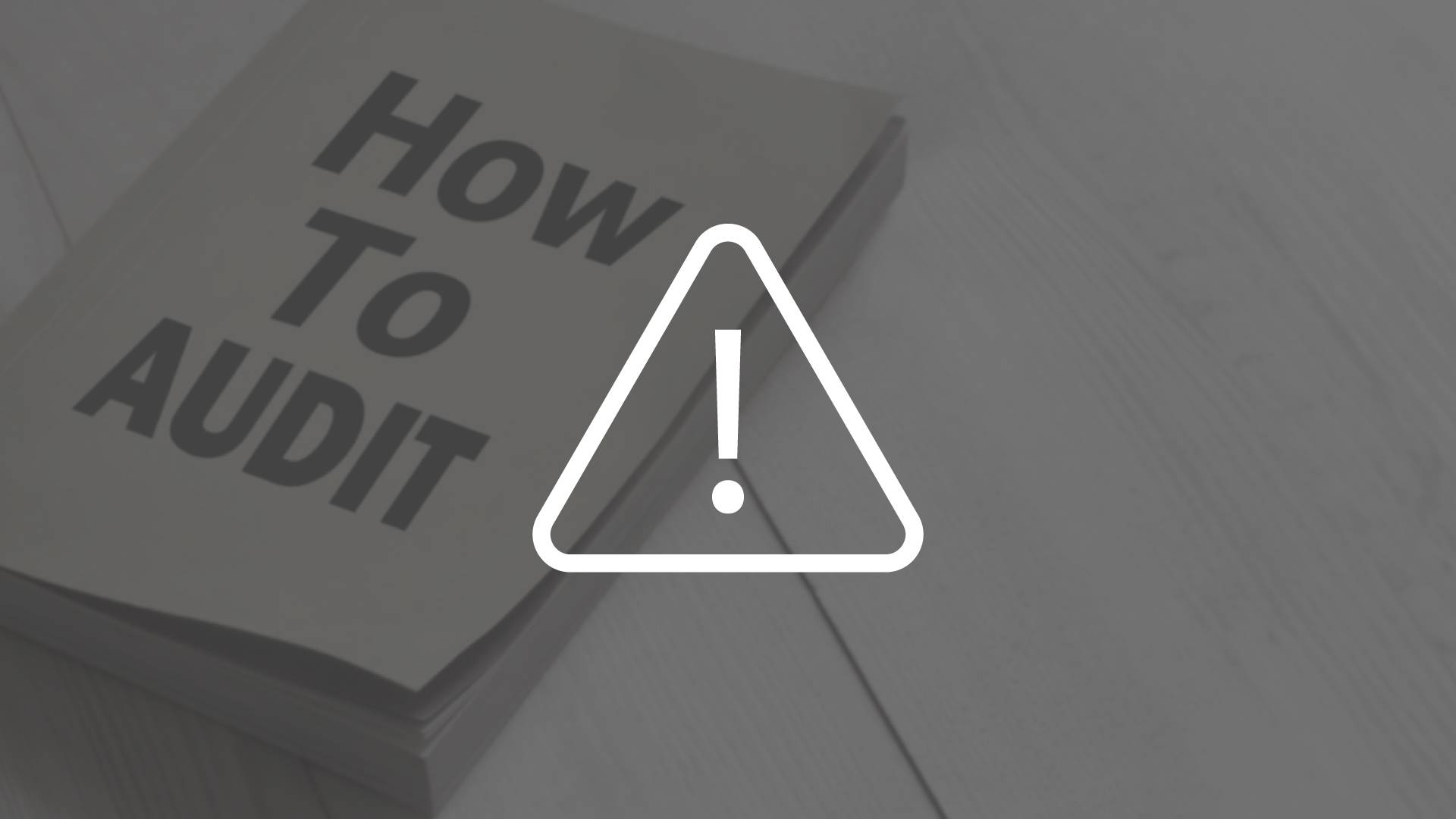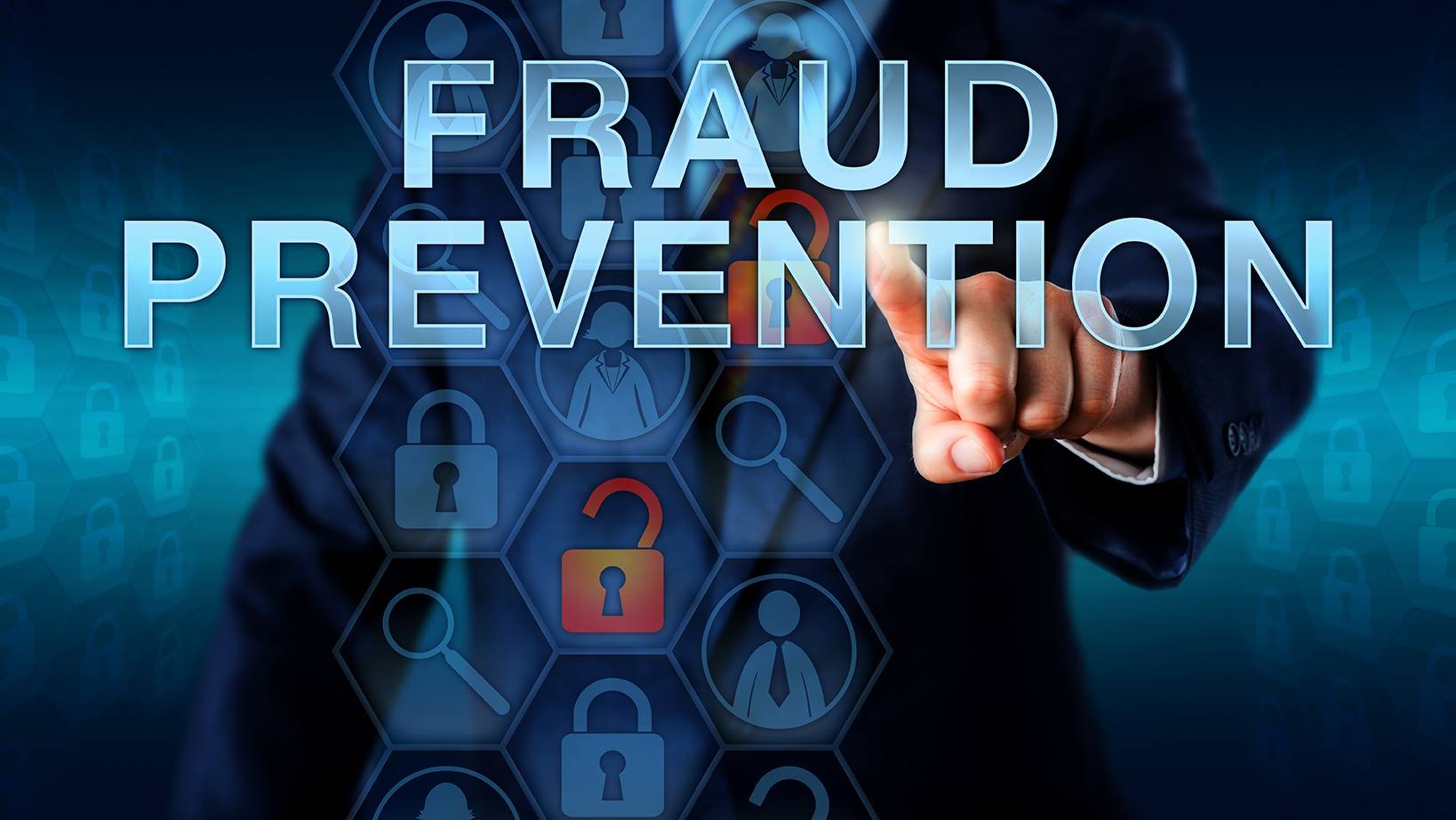Self-Study
How to Audit Receivables
Develop skills for auditing accounts receivable, including risk assessment, fraud detection, and confirmation procedures.

$58.00 – $78.00
Webcasts are available for viewing Monday – Saturday, 8am – 8pm ET.
Without FlexCast, you must start with enough time to finish. (1 Hr/Credit)
Please fill out the form below and we will reach out as soon as possible.
CPE Credits
2 Credits: Auditing
Course Level
Overview
Format
Self-Study
Course Description
How to Audit Receivables is a specialized course offering a deep dive into the nuanced world of auditing accounts receivable. This auditing CPE course, led by Steven Bragg, features detailed explorations of notes receivable, related party transactions, and the allowance for doubtful accounts, equipping participants with the necessary tools to accurately assess and audit receivables. Benefits of this audit CPE course include enhanced skills in identifying and mitigating fraud risks, mastering risk assessment processes, and implementing substantive audit procedures. Participants will gain invaluable insights into confirming receivables, accurately accounting for notes receivable, and ensuring robust financial reporting, making this course an indispensable resource for professionals in the accounting and finance sectors.
Learning Objectives
Upon successful completion of this course, participants will be able to:
Chapter 1
- Recognize the characteristics of notes receivable.
- Note the different types of related parties.
- Cite the types of fraud related to receivables.
- Describe the process of risk assessment used by an auditor.
- Recognize when alternative audit procedures should be used.
- Recognize the substantive procedures used in relation to receivables.
- Describe the contents of a confirmation letter.
- Note the circumstances under which a negative confirmation could be used.
Chapter 2
- Recognize the contents of the allowance for doubtful accounts.
Chapter 3
- Note the proper accounting for a note receivable.
Course Specifics
9179028
September 22, 2023
There are no prerequisites.
None
50
Compliance Information
CFP Notice: Not all courses that qualify for CFP® credit are registered by Western CPE. If a course does not have a CFP registration number in the compliance section, the continuing education will need to be individually reported with the CFP Board. For more information on the reporting process, required documentation, processing fee, etc., contact the CFP Board. CFP Professionals must take each course in it’s entirety, the CFP Board DOES NOT accept partial credits for courses.
Meet The Experts

Steven M. Bragg, CPA, is a full-time book and course author who has written more than 300 business books and courses. He provides Western CPE with self-study courses in the areas of accounting and finance, with an emphasis on the practical application of accounting standards and management techniques. A sampling of his courses include the The New Controller Guidebook, The GAAP Guidebook, Accountants’ Guidebook, and Closing the Books: An Accountant’s Guide. He also manages the Accounting Best Practices podcast. Steven has been the CFO or controller of both public and private companies and has been a consulting manager with Ernst & Young and …
Related Courses
-
 Auditing
Auditing
Computer Fraud and Abuse
Marshall Romney, CPA, PhD, CFE QAS Self-Study
Credits: 6 $174.00
QAS Self-Study
Credits: 6 $174.00$174.00 – $204.00
-
 Auditing
Auditing
How to Audit for Fraud
Steven M. Bragg, CPA QAS Self-Study
Credits: 3 $87.00
QAS Self-Study
Credits: 3 $87.00$87.00 – $107.00
-
 Auditing
Auditing
Fraud Prevention, Detection, and Audit
Marshall Romney, CPA, PhD, CFE QAS Self-Study
Credits: 9 $261.00
QAS Self-Study
Credits: 9 $261.00$261.00 – $291.00
